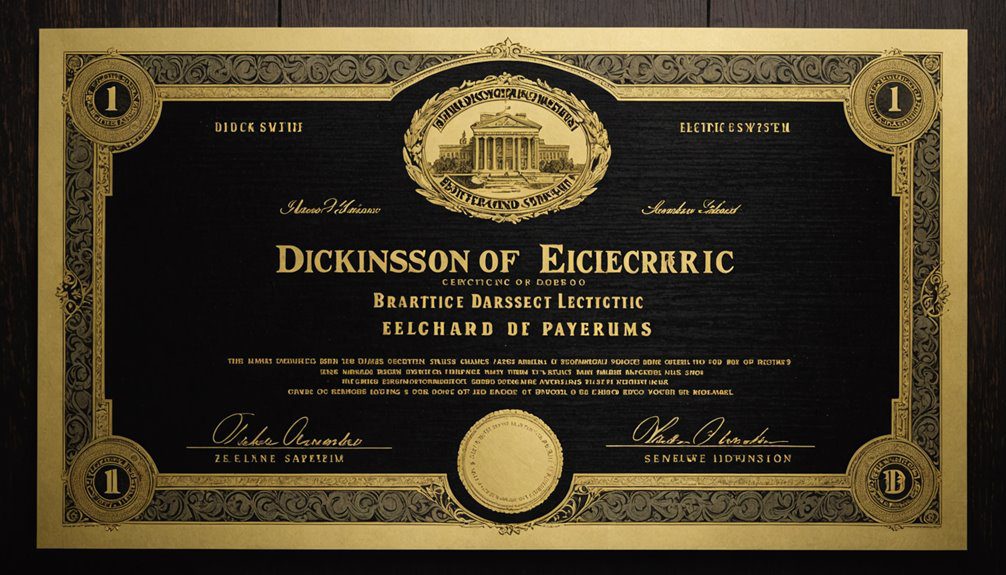When you're considering utility services with Dickson Electric System, you might find the utility deposit bond to be a practical option. Instead of tying up cash in a hefty deposit, you can secure your service with a bond, which not only supports your cash flow but also demonstrates your creditworthiness. However, it's essential to understand the eligibility requirements and the application process. Are you prepared for the potential impact on your finances? Understanding the nuances of this bond could make a significant difference in your experience.
Overview of Utility Deposit Bonds

When you're setting up utility services, you might come across the term "utility deposit bond." This bond acts as a guarantee that you'll pay your bills on time, providing security for the utility company in case of non-payment.
Essentially, it's an agreement between you, the utility company, and a surety provider. Instead of paying a cash deposit upfront, you pay a premium to the surety provider, which then issues the bond. This arrangement can free up your cash flow while still ensuring the utility company has some form of financial protection.
Utility deposit bonds can vary in their amounts and terms, often depending on your credit history and the utility provider's policies. If you have a solid credit score, you may find the requirements more favorable.
On the other hand, if your credit history is less than stellar, you might face a higher premium or even a higher bond amount. Utility surety bonds are commonly needed by businesses with limited financial history, highlighting the importance of understanding your options.
Purpose of the Deposit Bond
Utility deposit bonds serve a specific purpose that benefits both you and the utility provider. Essentially, they act as a security measure, assuring the utility company that you're financially responsible.
By obtaining a deposit bond, you can avoid making a large upfront cash deposit, which can be a burden, especially for new customers or those with limited funds.
When you secure a deposit bond, it helps establish your creditworthiness without tying up your cash. This way, you can maintain liquidity for other essential expenses while still complying with the utility provider's requirements.
It also creates a more trusting relationship between you and the utility company, as they've a guarantee that they'll be compensated in case of any unpaid bills.
Furthermore, having a deposit bond can expedite the process of getting your utilities turned on. Instead of waiting for a cash deposit to be processed, the bond provides immediate assurance to the provider.
In turn, you gain quicker access to essential services. Overall, utility deposit bonds streamline the onboarding process while giving you peace of mind and financial flexibility. Additionally, they are a crucial part of ensuring public interest by providing a safety net for utility companies.
Eligibility Requirements
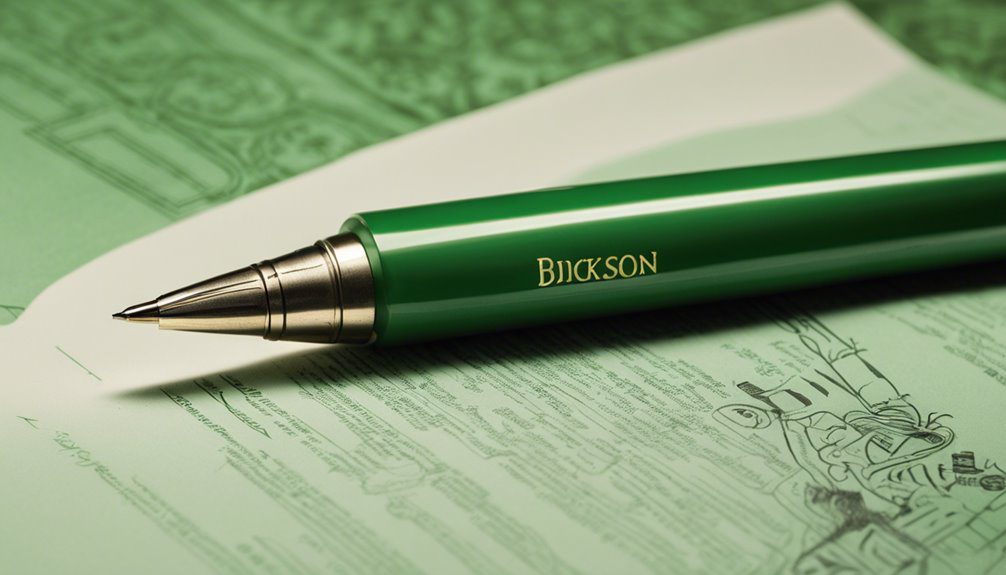
To qualify for a utility deposit bond, you'll need to meet certain eligibility requirements set by the utility provider. First, you must be a resident or business owner within the service area of Dickson Electric System. This means you should have a physical address that falls under their jurisdiction.
Next, you'll need to demonstrate a satisfactory payment history with any previous utility accounts. If you've had late payments or disconnections in the past, it may affect your eligibility.
Additionally, there may be minimum credit score requirements. You'll want to check your credit report beforehand to ensure it meets the provider's standards. If you don't have a sufficient credit score, you might need to consider alternative options, such as a co-signer or a higher bond amount.
Lastly, be prepared to submit necessary documentation, such as identification and proof of residency or business ownership. This information helps the utility provider assess your reliability as a customer.
Meeting these requirements can streamline the process and increase your chances of obtaining the utility deposit bond you need for your electric service.
How to Apply for the Bond
Applying for a utility deposit bond is a straightforward process that can be completed in just a few steps. First, gather the necessary documentation, which typically includes your identification, proof of residence, and any financial statements that may be required. Having these documents ready will streamline your application.
Next, contact the bond issuer or the utility company directly. They'll provide you with the application form and guide you through the specifics of their requirements. Completing the form accurately is crucial, so double-check your information before submission.
Once you've filled out the application, submit it along with the required documents. You might need to provide additional information, so stay in communication with the bond issuer to ensure everything is in order.
After submission, the bond issuer will review your application. If approved, they'll issue your utility deposit bond, which you'll need to present to the utility company.
It's as simple as that! Make sure to follow up if you don't hear back within the expected time frame, as staying proactive can help expedite the process.
Costs Associated With the Bond
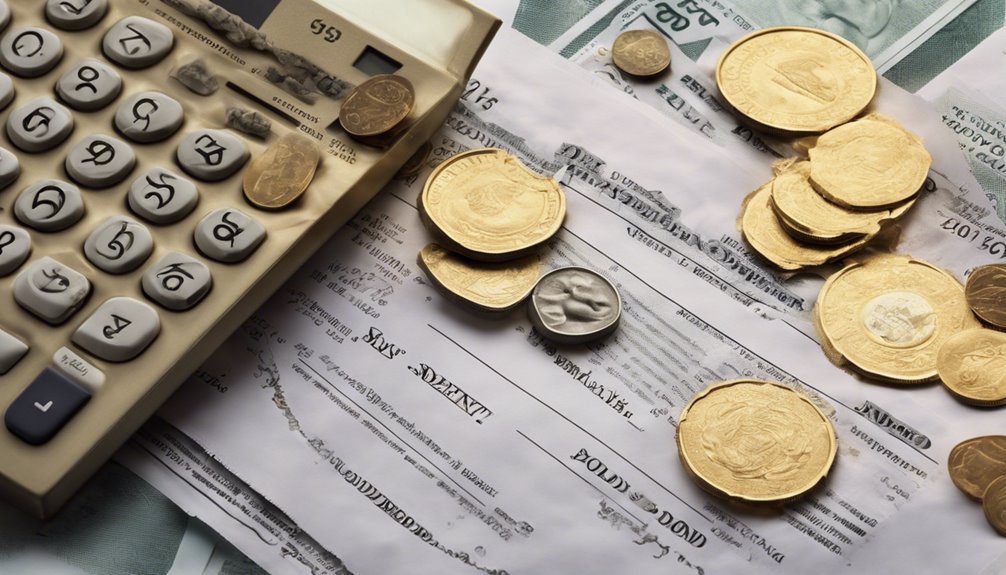
Understanding the costs associated with a utility deposit bond is essential for budgeting effectively. When you apply for this bond, you'll typically encounter several expenses that you should be aware of.
First, there's the bond premium, which is a percentage of the total bond amount. This premium can vary based on your creditworthiness and the bond amount required by the utility company.
In addition to the premium, you might also face administrative fees charged by the bonding company for processing your application. These fees can add up, so it's crucial to inquire about them upfront.
You'll want to factor in any additional costs related to obtaining necessary documentation, such as credit reports or financial statements, which might be needed to qualify for the bond.
Lastly, keep in mind that some bonding companies might require collateral, which could tie up your funds until the bond is released.
Duration of the Deposit Bond
Once you've navigated the costs associated with securing a utility deposit bond, it's important to consider how long that bond will remain in effect.
Typically, the duration of a utility deposit bond is tied to your account status with the utility provider. Usually, the bond remains active for as long as you maintain service with the Dickson Electric System.
If you move or close your account, the bond will usually terminate, but the specifics can vary based on your individual circumstances.
It's crucial to keep track of your billing cycle and any changes in your account to ensure that your bond remains valid until you no longer need it.
In some cases, the bond might be required for a set period, such as one year, after which it could be subject to renewal or release, dependent on your payment history and overall account standing.
Understanding the duration of your deposit bond helps you plan your finances better. You wouldn't want to be caught off guard by the responsibilities associated with the bond. Additionally, compliance with laws related to your utility services is vital for maintaining a good standing with the provider.
Always consult with your utility provider for the most accurate information regarding your specific situation.
Refund Policies Explained
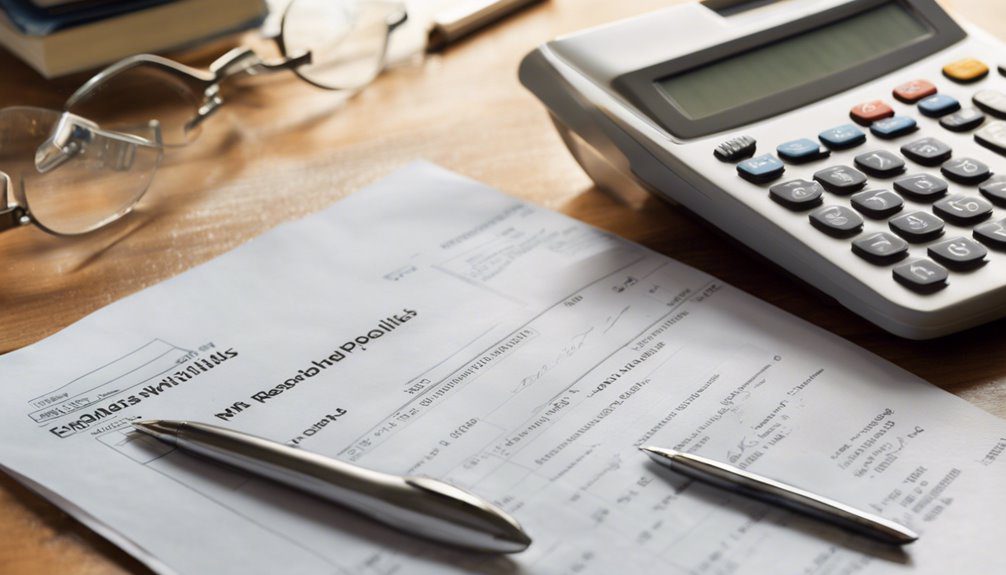
If you've maintained a good payment history, you may be eligible for a refund of your utility deposit bond when you close your account with the Dickson Electric System.
To initiate the refund process, you'll need to submit a request either online or in person at their customer service office. Make sure you provide your account details to facilitate a smooth transaction.
The amount refunded will depend on the initial deposit and any deductions for outstanding balances or fees. Typically, if you've paid your bills on time and haven't had any service interruptions, you can expect a full refund.
However, if there are any unpaid charges, those will be deducted from your deposit before you receive the remaining balance.
Once your request is processed, the refund will usually be issued within a few weeks. You can choose to receive it via check or have it credited back to your bank account, depending on your preference.
It's a good idea to keep a record of your payments and communications with the Dickson Electric System, as this can help resolve any discrepancies during the refund process.
Impact on Credit Score
Your utility payment history can significantly impact your credit score. When you consistently pay your electric bill on time, it reflects positively on your credit report, showcasing your reliability as a borrower.
On the flip side, late payments or defaults can lead to negative marks, dragging your score down.
If you're required to provide a utility deposit bond, it may indicate to lenders that you pose a higher risk, especially if you're a new customer or have a limited credit history. This could influence their decision-making when you apply for loans or credit cards.
They might view you as someone who requires extra financial security, which could affect the terms or rates you receive.
Moreover, if your utility provider reports payment activities to credit bureaus, those records can show up on your credit report, impacting your score either positively or negatively.
It's essential to stay on top of your payments and address any issues promptly. Keeping your utility bills current not only helps maintain a healthy credit score but also opens up better financial opportunities in the future.
Alternatives to Deposit Bonds
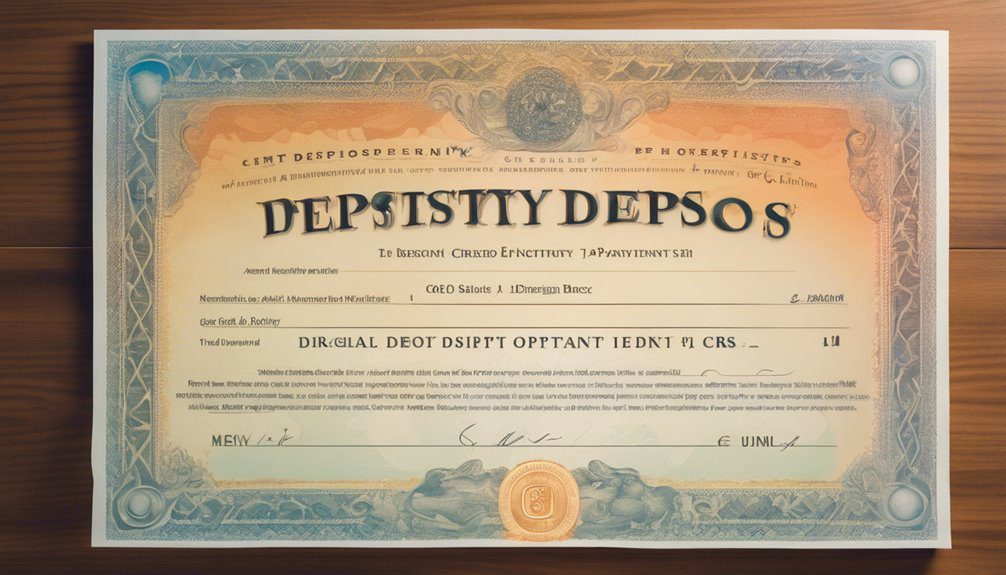
When considering alternatives to deposit bonds, several options can help you avoid the upfront costs typically associated with securing utility services. One option is to provide a letter of credit from your bank. This document can demonstrate your financial reliability without requiring a cash deposit.
You might also look into payment plans offered by utility companies, allowing you to spread the costs over time rather than paying a lump sum upfront.
Another alternative is to explore utility programs designed for low-income customers. These programs often reduce or eliminate deposits based on your income level.
Additionally, some utility companies may allow you to use a co-signer, such as a family member or a friend with a good payment history, to vouch for your ability to pay.
If you've got a strong payment history with other utilities, you can often negotiate a reduced deposit or even have it waived.
Lastly, consider switching to a prepaid utility service, which allows you to pay for services in advance, effectively eliminating the need for a deposit. Each of these alternatives can provide you with flexibility while managing your utility costs.
Tips for New Customers
Navigating the utility setup process can be overwhelming for new customers, but a few simple tips can make it easier.
First, gather all necessary documents before you start. You'll need identification, proof of residence, and possibly a social security number. Having these ready will speed up your application.
Next, contact Dickson Electric System early on. They can provide you with all relevant information regarding your deposit bond options, rates, and any promotions that might be available.
Don't hesitate to ask questions—understanding your responsibilities and options is crucial.
Consider setting up automatic payments. This not only ensures you never miss a due date but can also help you avoid late fees.
You might also want to review your bill closely each month to catch any discrepancies or unexpected charges.
Conclusion
In summary, choosing a utility deposit bond with the Dickson Electric System can be a smart move for managing your cash flow while securing essential services. It's a hassle-free way to demonstrate your creditworthiness and maintain a positive relationship with your utility provider. Remember to review the eligibility requirements and costs, and consider your options carefully. By doing so, you'll set yourself up for a smooth experience as a new customer.

